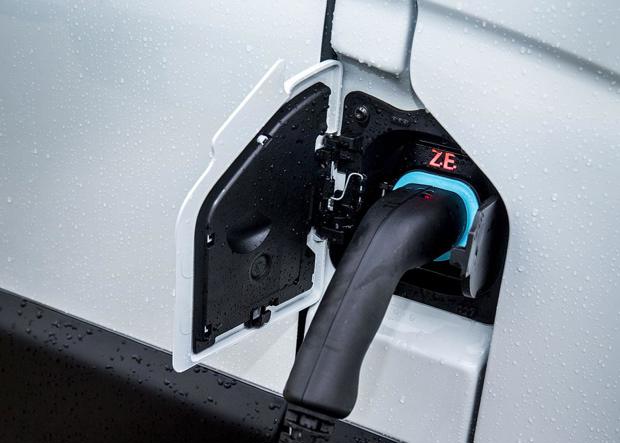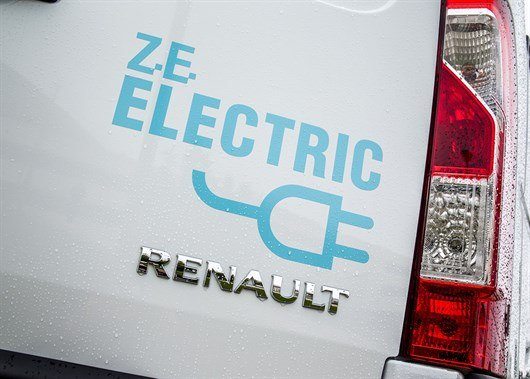Government in disarray over electric van licence rules

Government plans to promote electric van uptake are being thwarted by a lack of clarity and poor communication between departments.
The Department for Transport (DfT) recently tweaked the legislation governing conventional driving licences to allow holders to operate heavier vehicles, providing they are not powered by petrol or diesel and the driver has undergone specialist training. However, it has provided virtually no information about the process and none of the government departments or associated bodies Honest John contacted could tell us what the training involved or how it would be administered.
Following a consultation which ran between July and October 2017, the DfT ruled that Category B licence holders could drive vehicles of up to 4250kg, providing they are powered by “electricity, natural gas, biogas or hydrogen or [a combination of] hydrogen and electricity” and drivers had undergone “a minimum of five hours training by a registered instructor on the driving of an alternatively fuelled vehicle with a maximum authorised mass exceeding 3500kg”.
Category B is the standard type of licence issued to new motorists when they pass their car driving test. Holders are allowed to drive the majority of vans, providing they do not weigh more than 3500kg (most normal vans don’t).
The amendment came into force on 24 July and is intended to support the adoption of electric vans, which require heavy batteries that make it difficult to meet the traditional 3500kg limit with payload to spare. Normally, motorists need to apply for a Category C licence – i.e. an HGV licence – to drive vehicles that weigh more than 3500kg, and get a medical assessment. The idea of the new rule is to ease restrictions on both manufacturers and drivers to allow a greater number of alternative fuel LCVs to reach the mass market.

However, the Government has issued next to no details about the mandatory five hours’ training, even though the legislation has already come into force. The DfT, which took a week to respond to our questions, issued a statement, which said: “Training providers must be members of either the National Register of LGV Instructors or the National Vocational Driving Instructors Register. The training programme and arrangement will be arranged through these bodies [which specialise in HGV training]”.
A spokesperson for the DfT subsequently told Honest John Vans: “The department believes the industry knows the training requirements best, so they have left the industry to take the lead on developing the relevant training as part of the amendment.
“They have essentially given them [the industry bodies] the go ahead to come up with their own scheme, and if they feel they need to contact us about it, they will do so.”
The National Register of LGV Instructors has said it “knows nothing” about any training schemes and insists it has no involvement with vans or licensing.
The National Vocational Driving Instructors Register said its members would be able to offer the training “once the situation is clarified”, but after checking with the DVSA, added, “the proposed changes have not yet been implemented in law.”
When Honest John Vans approached the DVSA with the same enquiry, the department said, “sorry, we won’t be able to help you with this one” and recommended we contact the Office for Low Emission Vehicles. We have yet to receive a response from OLEV.
When asked how the new legislation would be enforced, the DfT said non-compliant motorists would be “subject to the normal enforcement action for doing that.”
It later added that convicted drives could receive “a fine not exceeding level three on the standard scale”, but provided no further guidance. According to legislation.gov.uk, a level three fine is £1000, while levels two and one are £500 and £200 respectively.

